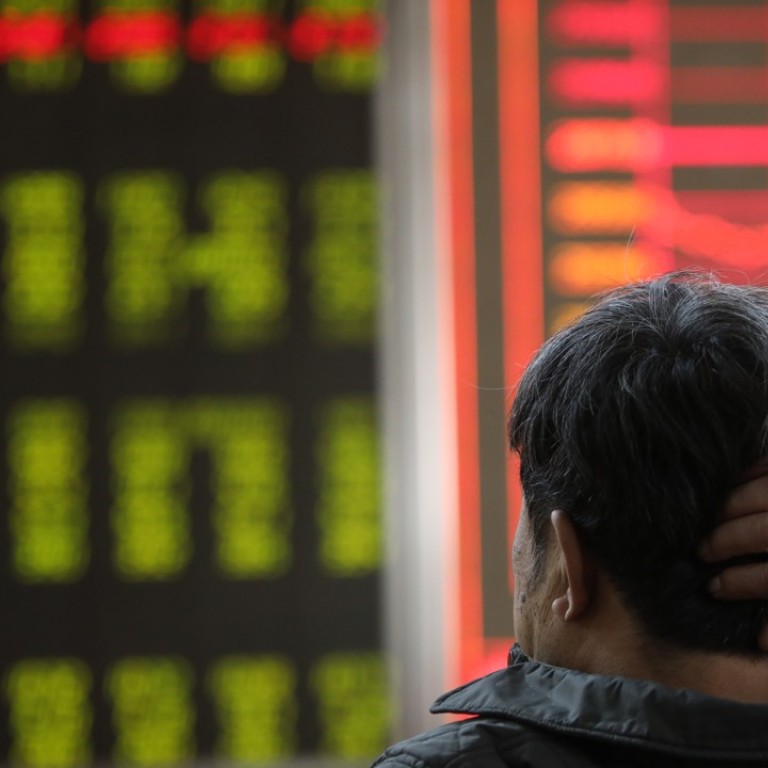
China’s exchanges start to rein in rampant issuances of bonus stocks among listed companies
- Publicly traded companies will be banned from dividend share payout ratios above 50 per cent if they fail to meet profitability requirements, stock exchanges say
- Eight companies set records of paying dividend shares by quadrupling their total number of equities over the past three years
Mainland stock exchanges are starting to crack down on excessive issuance of bonus shares by listed companies, as part of a wider drive to curb speculation.
The Shanghai and Shenzhen bourses announced new rules at the end of last week, under which publicly traded companies with year-on-year profit declines exceeding 50 per cent and per-share earnings lower than 0.2 yuan will not be allowed to issue more than five such stocks for every 10 held, with immediate effect.
In addition, listed companies would need to have posted profit growth for three consecutive years and per-share earnings of at least 1 yuan each year if the intended bonus stock issue is to exceed the five for every 10 ratio, the statements by the bourses said.
How China’s falling stock market mirrors its failing economic policy
Companies will be banned from issuing bonus stocks if senior executives had sold company shares in the three months before and after the proposed grant of bonus shares, it said.
The increased scrutiny of bonus stock issues, which have been linked to speculative trading, comes amid a broader crack down on wrongdoing in markets.
Mainland markets are among the worst performers globally this year, as a mix of a slowing economy and the impact of the US-China trade raises investor concern.
The markets have most recently been troubled by selling of shares that had been pledged as collateral for loans, which has forced authorities to intervene to help some companies.
Jiangxi Huangshanghuang Group Food, Hunan Tianrun Digital Entertainment & Cultural Media and another six companies were the top payers of bonus shares in China’s stock market, according to Bloomberg data.
The eight all declared 30 such shares for every 10 held between 2015 and 2017, quadrupling their total number of outstanding shares.
Is Chinese capitalism in crisis, as stock market rout drives private companies into the state’s arms?
The stock prices in those companies also saw a roller-coaster ride. Shares in Huangshanghuang, a maker of snack food from braised pork to spicy duck necks, tripled in 2016 on the bonus stock plan and then shed 40 per cent in the following year. The stock is now down almost 70 per cent from its peak recorded two years ago.
Separately, the two exchanges also released a draft rule on share buy-backs, seeking public comment until the end of the month.
The aim of the proposed rule is to encourage listed companies to stabilise share prices in times of market turbulence. The exchanges said listed companies could buy back their own shares in the secondary market if declines in share prices reached 30 per cent in 20 consecutive trading days. The shares could be sold six months after the buy-back, it said.

